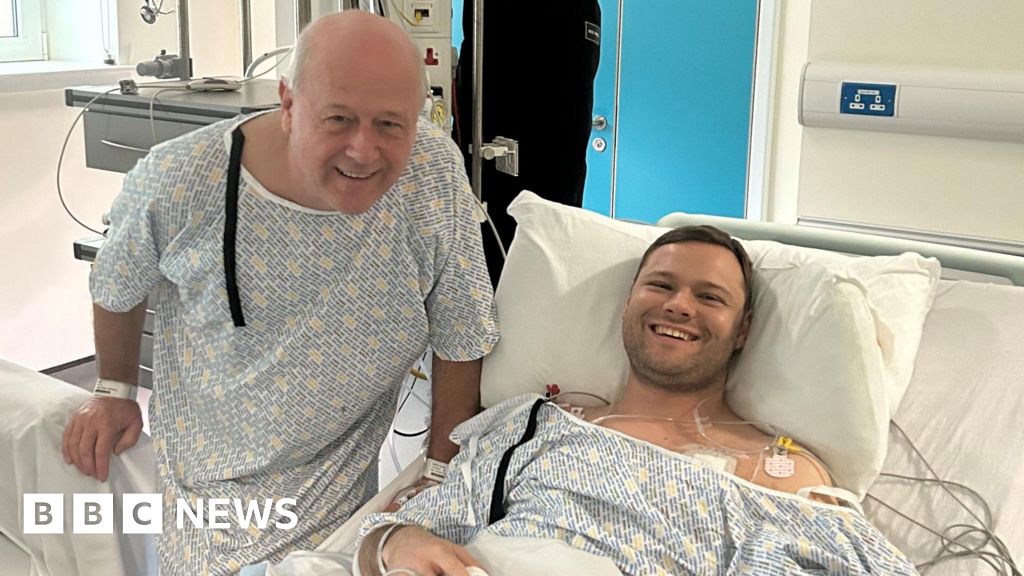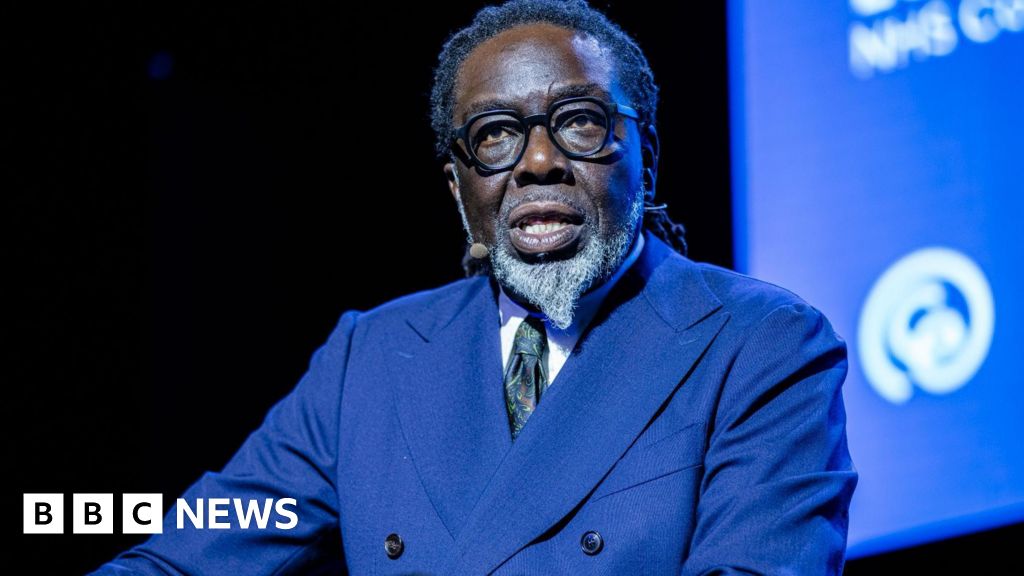ARTICLE AD BOX

Ketamine is licensed to be used as an anaesthetic but has a reputation as an illegal party drug
By Mark Norman & Christian Fuller
BBC News
A man with depression is calling for ketamine treatment to be made available on prescription.
Ketamine is licensed to be used as an anaesthetic but has a reputation as an illegal party drug.
But Simon Bottle, from Hawkhurst, Kent, has lived with depression for 30 years and says taking the drug has been "game changing".
The Royal College of Psychiatrists said more research on its effectiveness in clinical settings was needed.
Simon Bottle, who has lived with depression for 30 years, is calling for ketamine treatment to be made available on prescription
Mr Bottle said depression had impacted his education, career and personal life, until he paid for a private prescription of ketamine.
"I've had what people would call breakdowns probably three or four times where I've gone from being just about functional and dealing with it and then becoming completely incapacitated by it," he said.
The businessman is campaigning for the NHS to prescribe ketamine for patients who have not responded to other forms of antidepressants.
"It introduced hope to an illness in which by definition you lose all hope," he said.
"One of the things that happened for me almost instantaneously was a feeling of a huge weight starting to be lifted off your shoulders, which I hadn't felt in decades.
"It gave me a toehold initially, which turned into a springboard. That has been game changing."
Prof Rupert McShane has backed calls for ketamine treatment to be made available on prescription
After trials in the US, Australia and at an NHS hospital in Oxford, Prof Rupert McShane, of Oxford Health NHS Foundation Trust, backed the calls for the NHS to use ketamine to treat drug resistant depression, rather than electroconvulsive therapy (ECT), which he says many patients are "too frightened" to have.
He said 30% of depression patients who took ketamine remained well after one year without it, compared to 5% of those on other antidepressants.
"I think if we were to get a license for intravenous ketamine as an alternative for people who have been considered for ECT, it would without doubt be a game changer," he said.
"Ketamine in low doses works in a different way to conventional antidepressants.
"And what is really exciting is that there is new data which suggests that it is as good as the best treatment for depression that we've got, which is ECT."
A Royal College of Psychiatrists spokesperson said early research indicated that ketamine may be effective in treating some people with severe mental illnesses, who have not responded to other forms of treatment.
"However, we still need more research on its potential effectiveness in clinical settings and also what safeguards might need to be put in place should it be deemed appropriate for use in this group of patients," they said.
If you're affected by the issues in this piece, you can find support from BBC Action Line.
Follow BBC South East on Facebook, on Twitter, and on Instagram. Send your story ideas to southeasttoday@bbc.co.uk
Related Internet Links
The BBC is not responsible for the content of external sites.

 1 year ago
46
1 year ago
46








 English (US) ·
English (US) ·